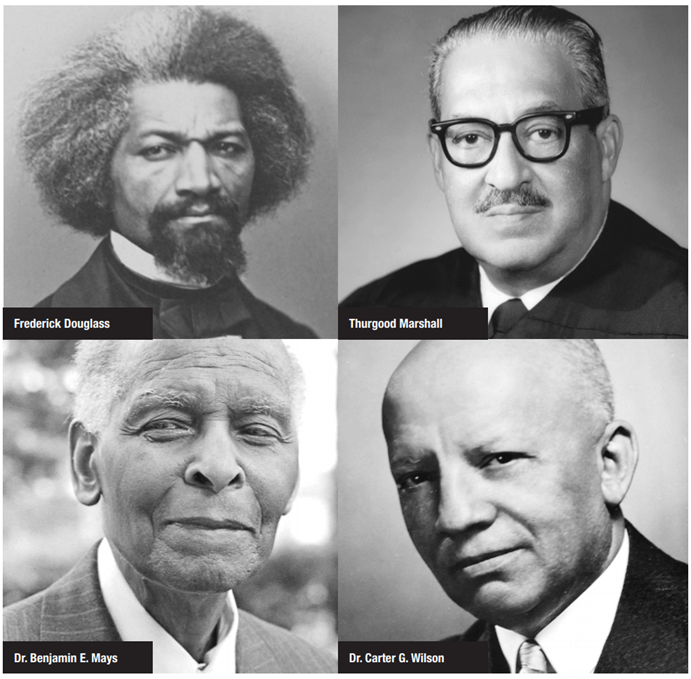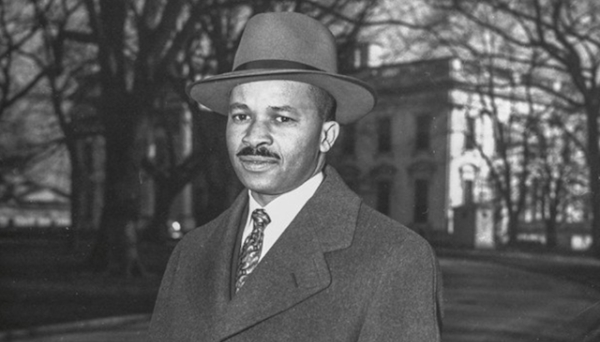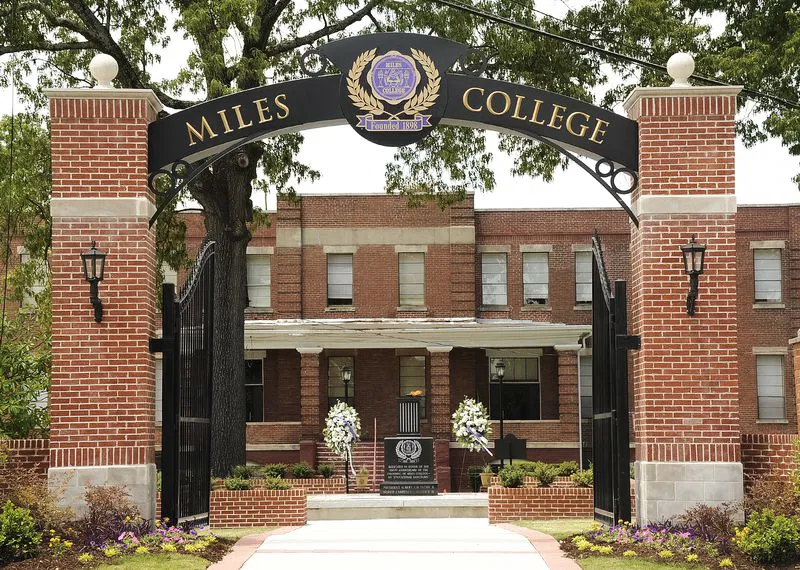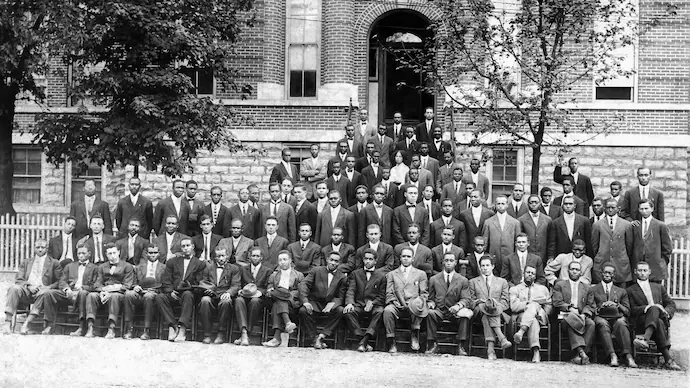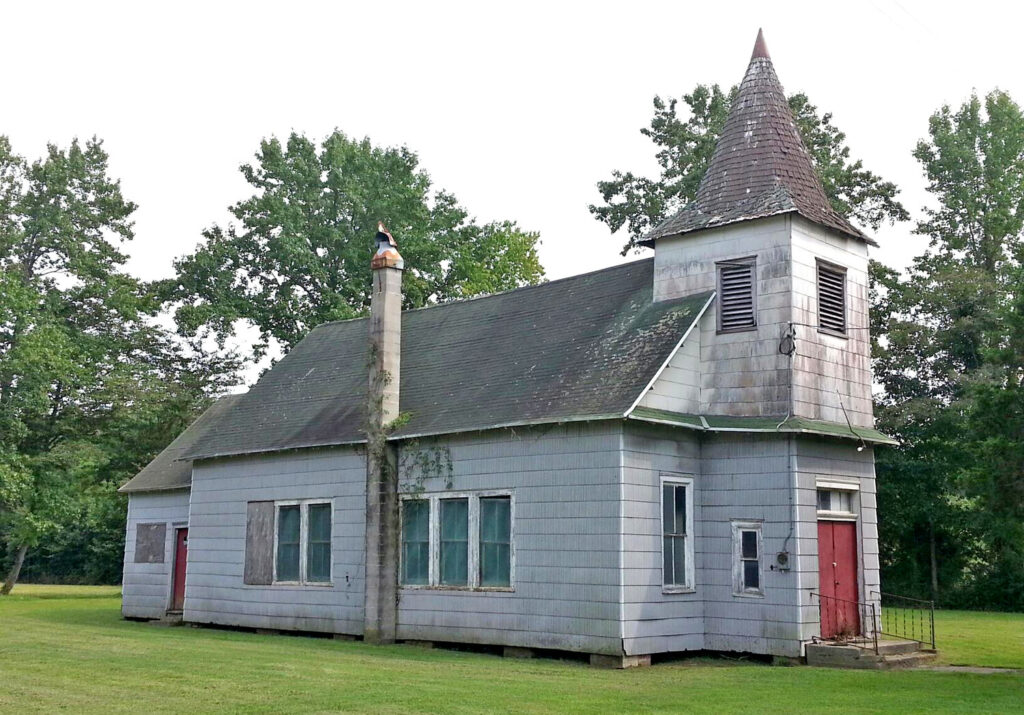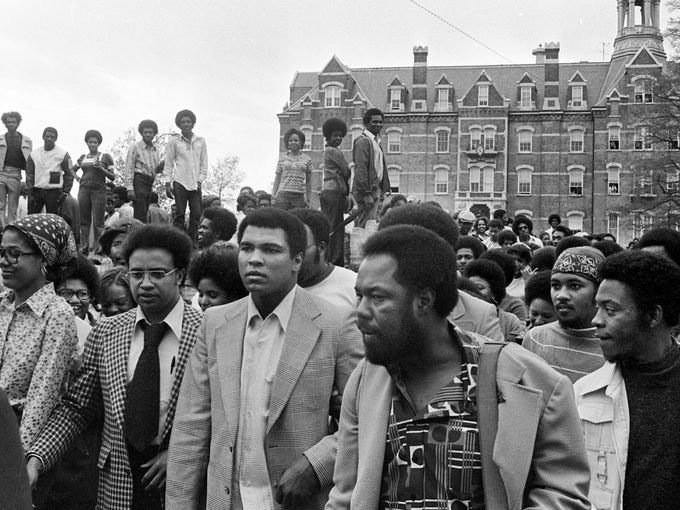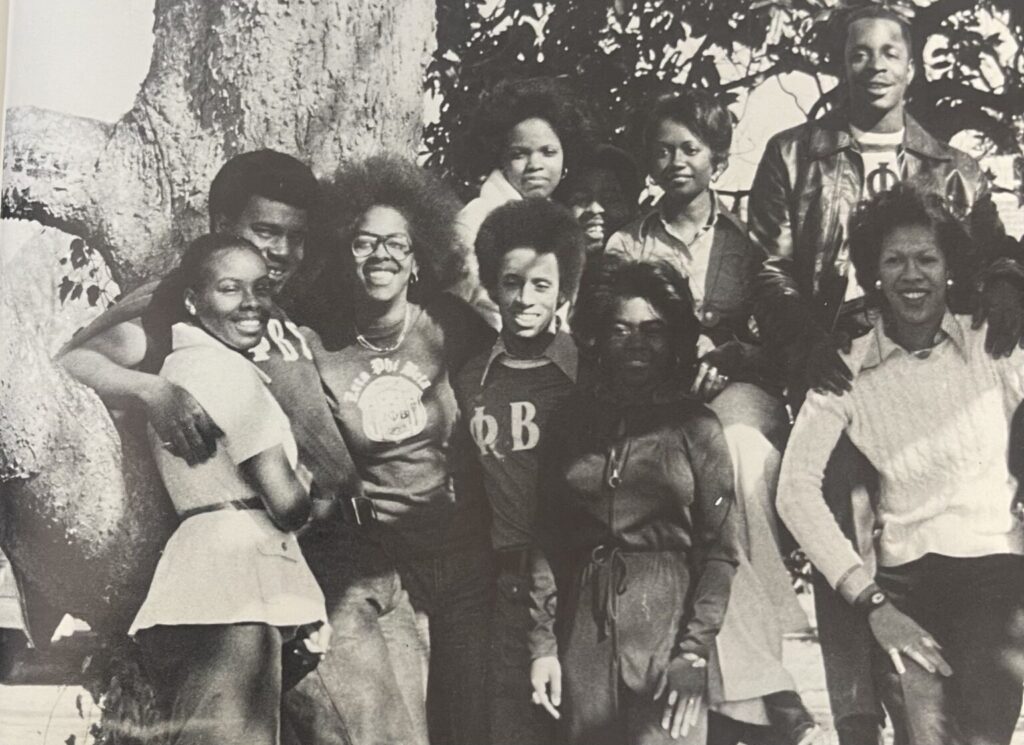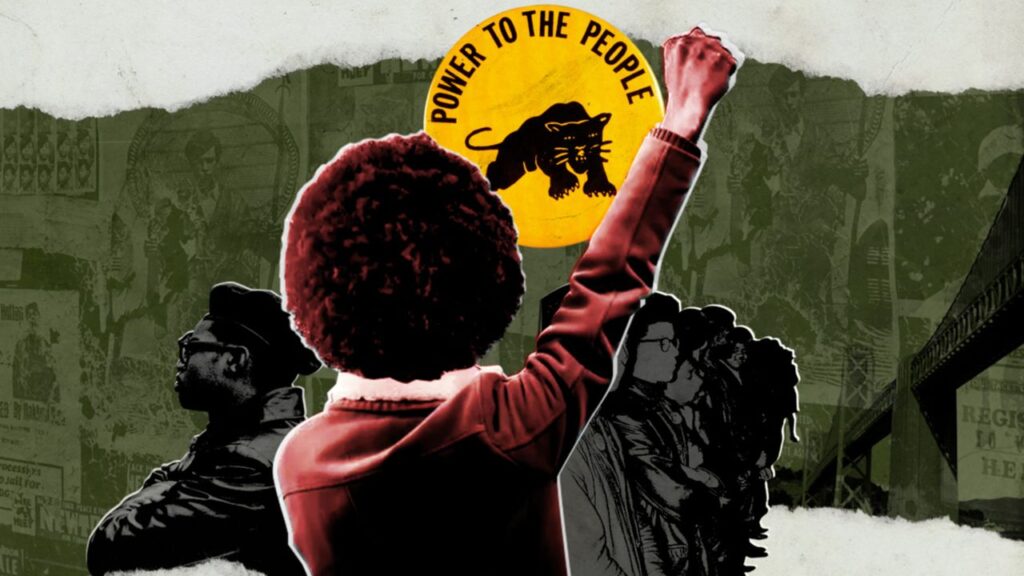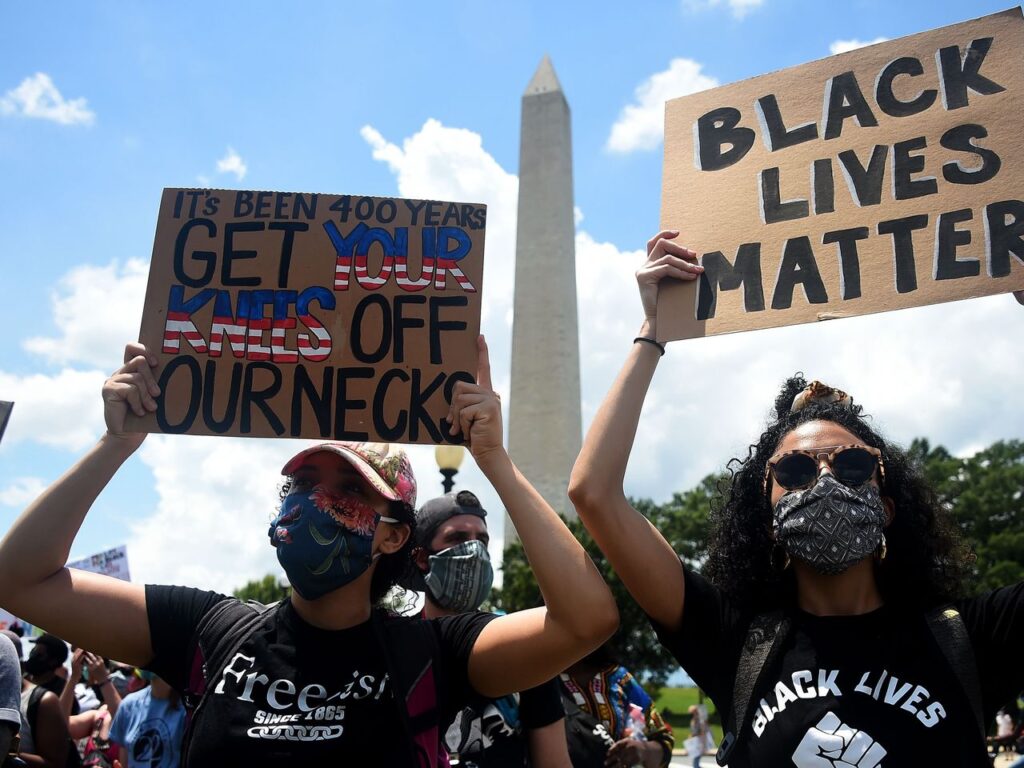Musk’s Email to Feds Sparks Chaos, Confusion Across Agencies
Written By Dr. Willie J. Greer Kimmons Today, it is crucial that we make a concerted effort to celebrate the positive contributions that four Black men have made to make life better for African Americans. We are experiencing constant attacks on our civil liberties by the new political administration in Washington, D.C. We are at a crossroads. The Jan. 29 serious plane and helicopter crash at the Reagan National Airport in Washington, D.C. is one of the many examples of spreading rumors and political lies and blame. We are inundated with misinformation, racism, hatred, and allegations by using politics and

